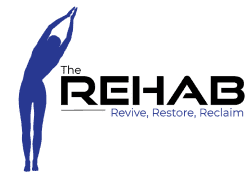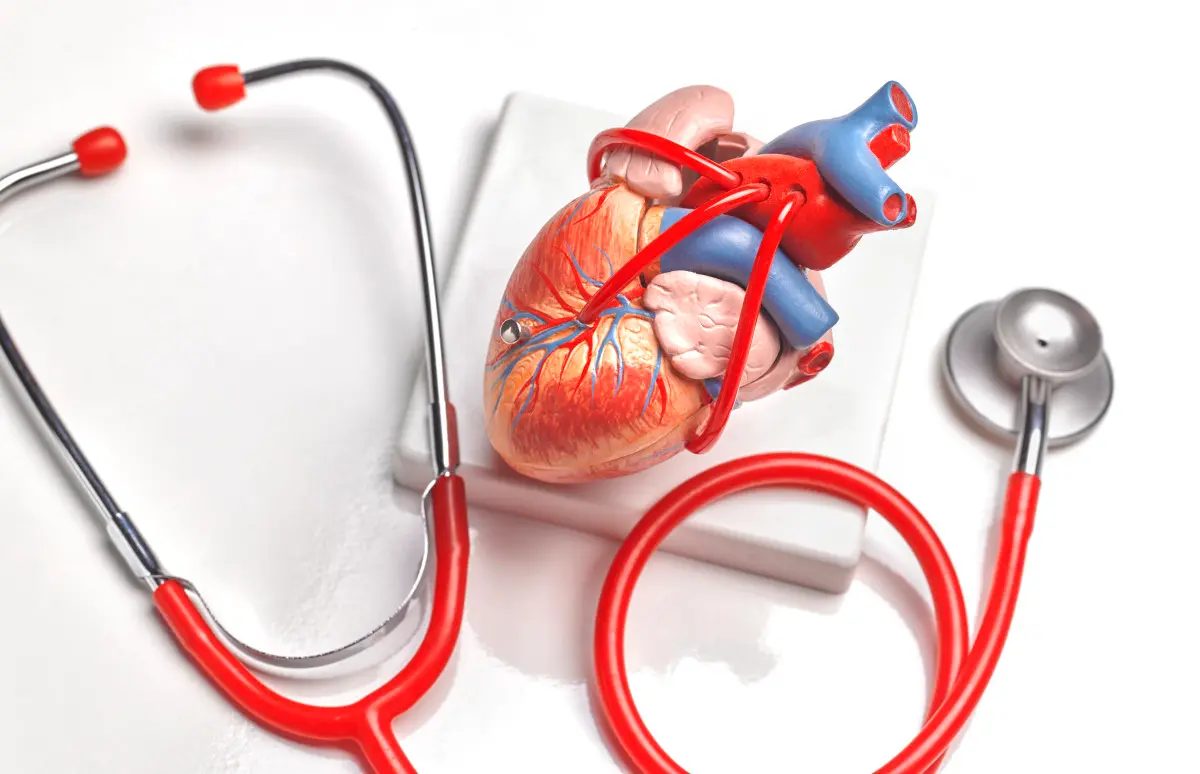At Rehab by RescueMD, we understand that heart health and functional strength are critical for long-term wellness—especially in men navigating high blood pressure, cardiac conditions, or post-cardiac rehab. One emerging approach that blends science and real-world application is high-altitude-style training, a strategy with deep roots in exercise physiology and elite athletic conditioning.
The Science Behind High-Altitude Training for Men’s Health
High-altitude training simulates oxygen-deprived environments to enhance aerobic capacity and muscular endurance. In these conditions, the body adapts by producing more erythropoietin (EPO)—a hormone that increases red blood cell production. More red blood cells mean better oxygen delivery throughout the body, improving stamina and strength.
Studies show that combining resistance training with hypoxic environments increases peak blood lactate levels and red blood cell counts—both markers of enhanced muscular performance and endurance.
Why This Matters for Heart Health
Improved oxygen utilization reduces the burden on the heart during exertion. This makes high-altitude-style training an exciting tool in cardiac rehab programs supervised by licensed exercise physiologists. With careful implementation, it can:
– Increase cardiovascular efficiency
– Delay fatigue during activity
– Reduce long-term cardiac strain
Learn more about our comprehensive cardiac rehabilitation program.
How Mountain Athletes Train Differently—And What Men Can Learn
Mountain athletes like climbers and skiers focus on functional strength, balance, and mobility, training under unpredictable terrain conditions. Their workouts often mimic the real-life demands of their environment, which is something many men can benefit from even in everyday life.
“Alpine skiers train to develop neuromuscular coordination that helps them stay stable under unstable conditions—something that’s also critical in preventing falls and managing joint pain as we age.” – Rehab by RescueMD Exercise Physiology Team
One Workout Technique Any Man Can Use
Instead of only focusing on brute strength, men can benefit from targeted strength training. This means assessing daily life tasks (e.g., lifting at work, walking with loads, balance) and creating a strength routine that mimics those motions to build real-world, functional power.
Need a personalized plan? Schedule a consultation with one of our exercise physiologists today.
How to Start Safely with High-Altitude or Functional Strength Training
Start slow. Especially if you have a heart condition or are recovering from surgery, your initial workouts should emphasize:
– Controlled intensity
– Longer recovery times
– Gradual load progression
– Close monitoring of heart rate and symptoms
Proper acclimatization and guidance from a medical professional are crucial for safety—especially if you have hypertension or heart disease.
The #1 Mistake Men Make When Adopting These Techniques
The biggest mistake? Doing too much, too soon.
Many men rush into high-intensity workouts without giving the body time to adapt. This can:
– Deplete energy reserves
– Increase risk of injury
– Set back recovery from cardiovascular conditions
Working with a licensed exercise physiologist ensures your program is optimized for your heart health, goals, and fitness level.
Ready to Build Real-World Strength Safely?
At Rehab by RescueMD, our exercise physiology team works alongside cardiologists to design safe, effective programs for men of all ages—whether you’re recovering from heart surgery or optimizing your fitness for longevity.








